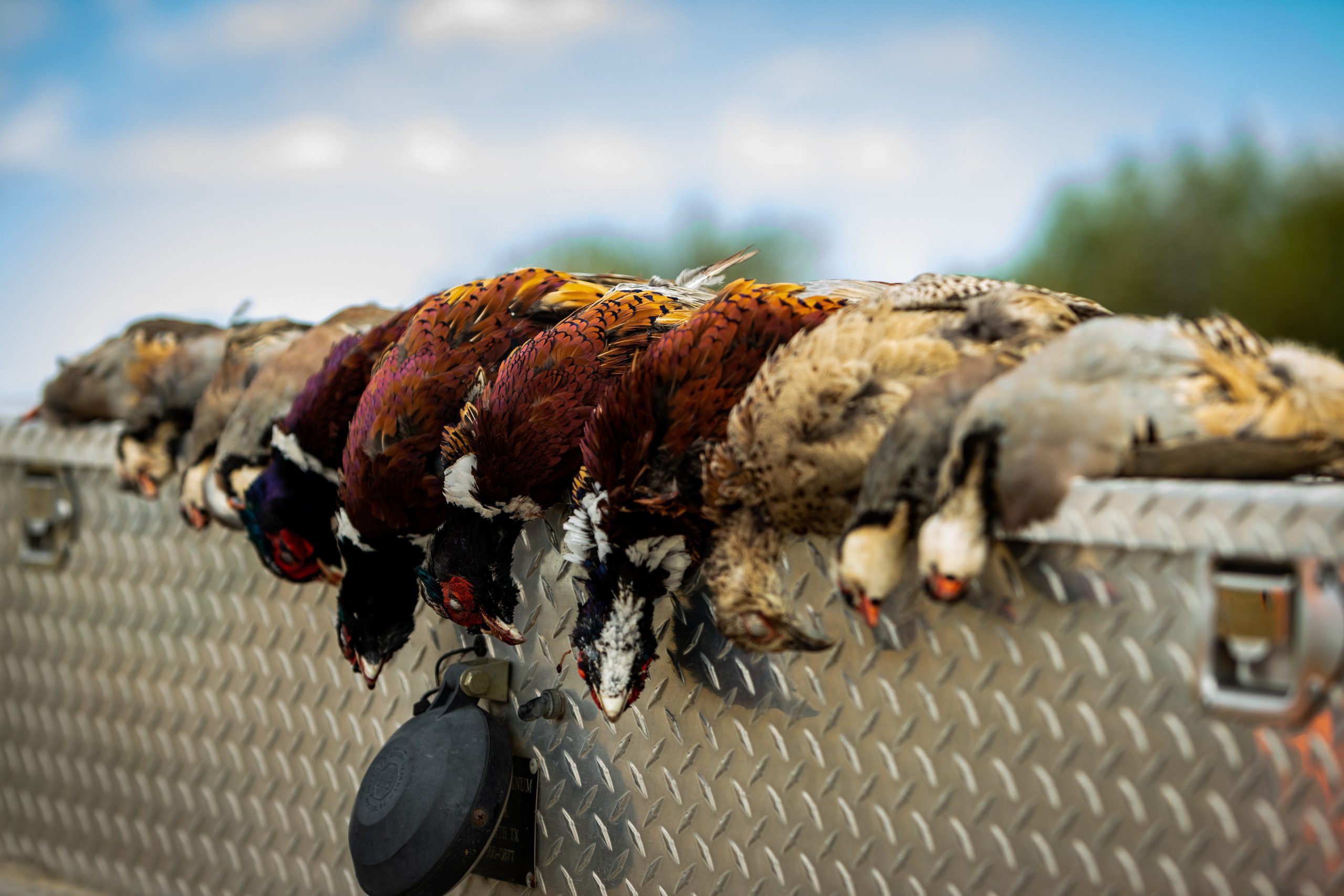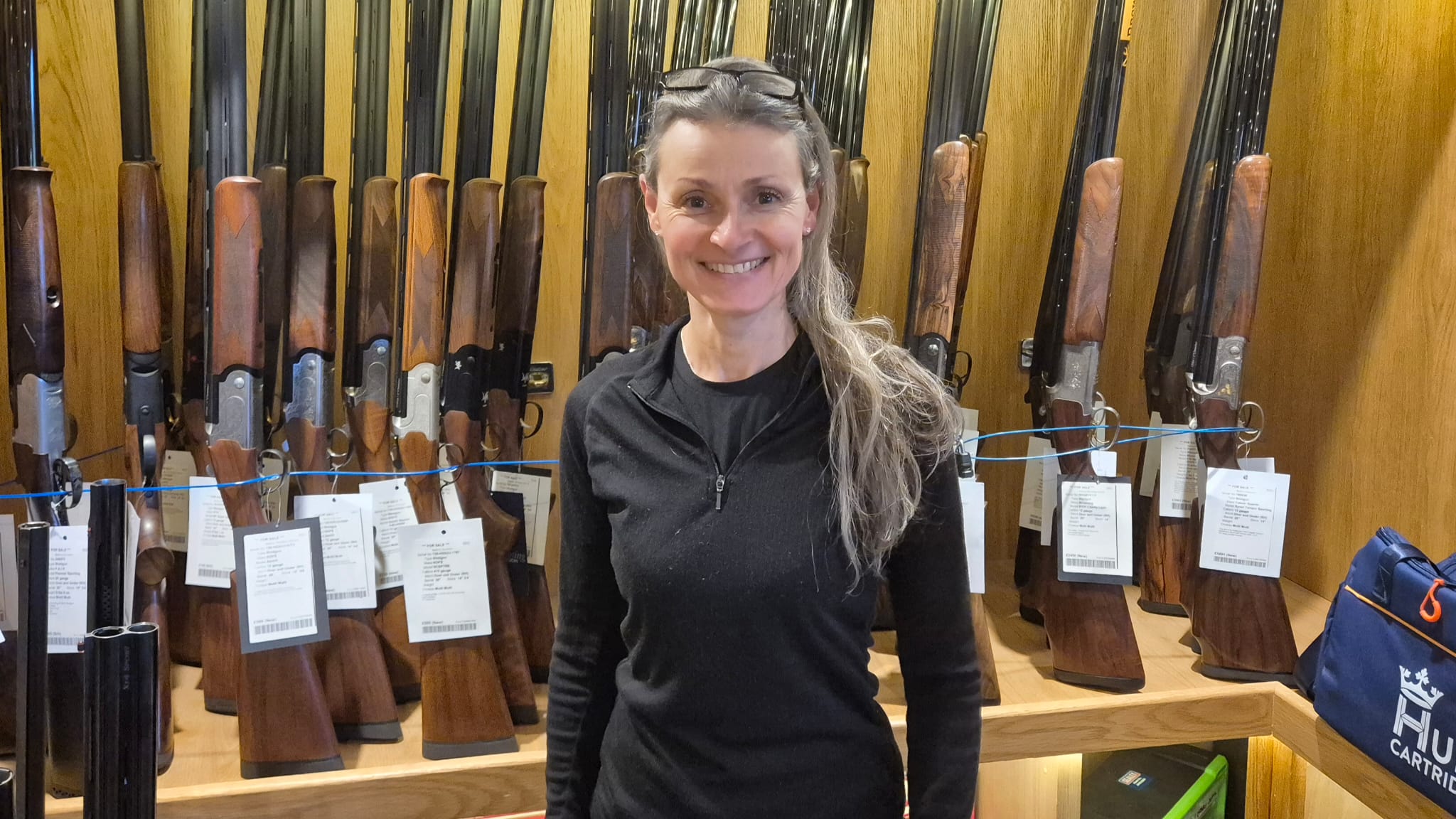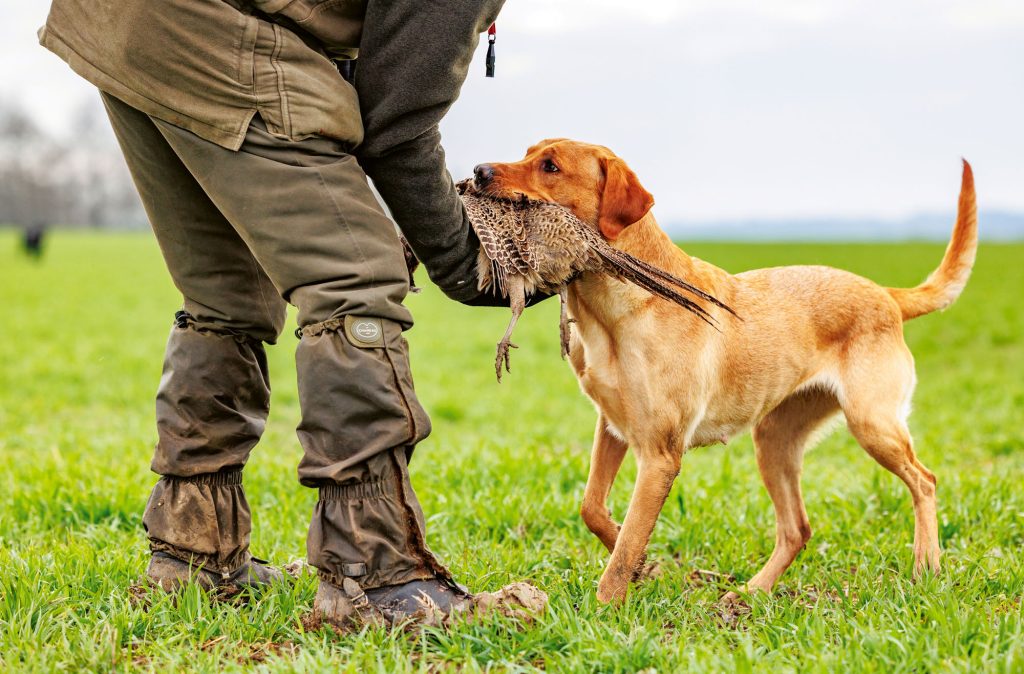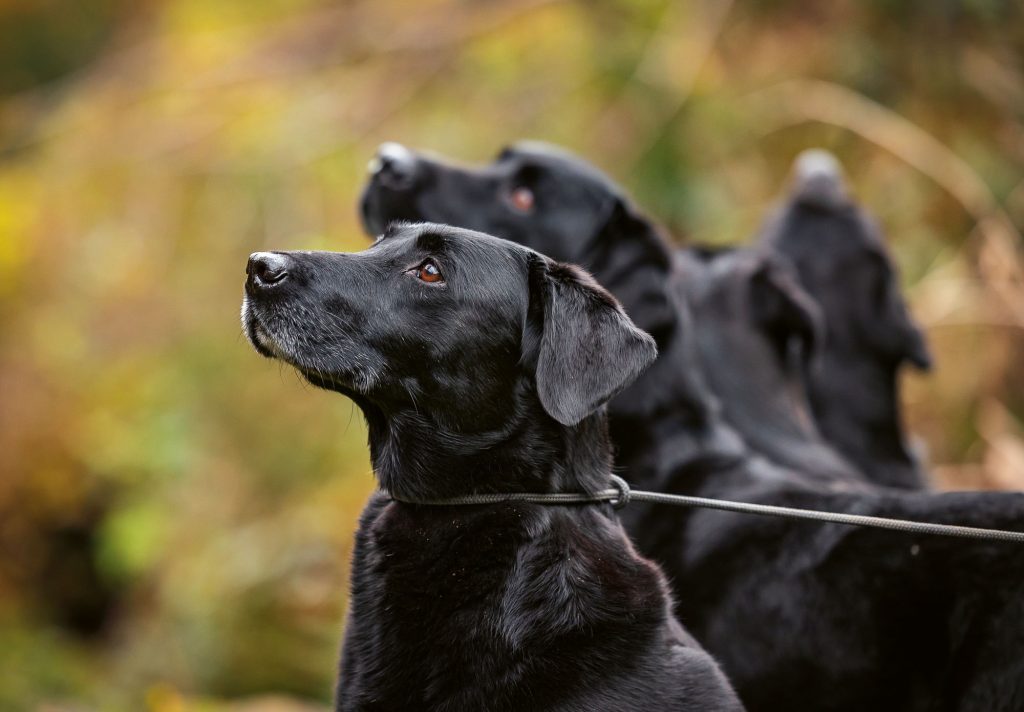Wild Justice: a timeline of attacks on shooting
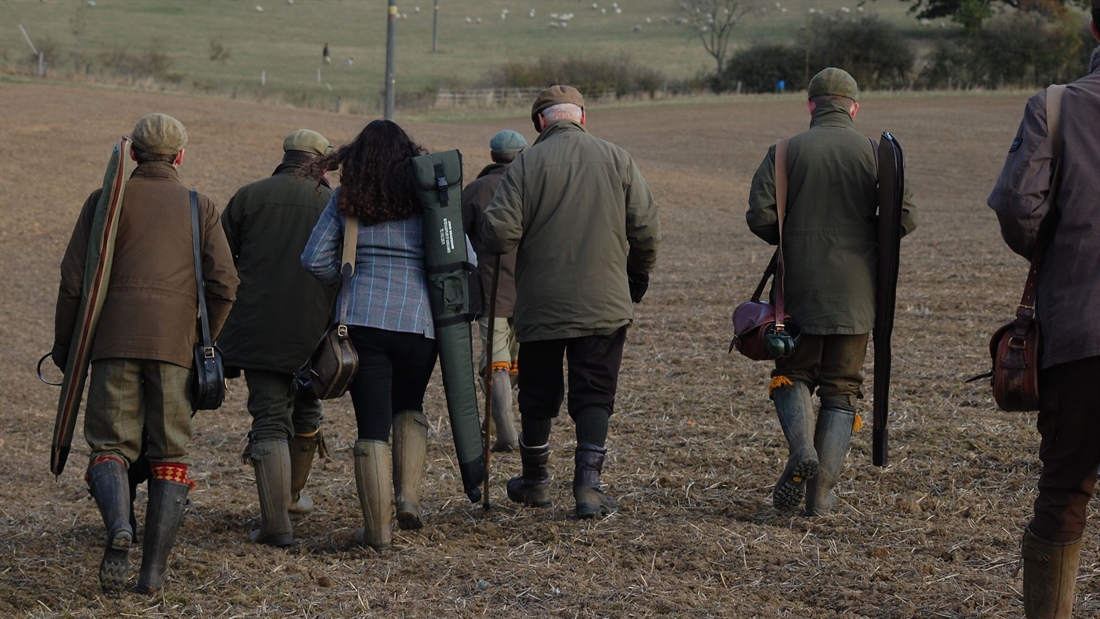
From the birth of the organisation to the most recent attempt to ban heather burning, we track Wild Justice’s two-year campaign against the rural community…
February 2019 – Wild Justice is “born”
Wild Justice is registered as a not-for-profit company. It’s objects (goals) are listed as follows:
- Nature conservation, primarily in UK.
- Advocacy to make UK laws, policies and practices more wildlife-friendly.
- Use of UK legal system to further nature conservation objectives.
- Encourage public participation in nature conservation issues.
It’s all sounding great! As shooters, gamekeepers and land managers, we work hard to conserve British Wildlife and to increase biodiversity, with fantastic results across all of Britain. Red listed birds thrive on areas managed for shooting; putting in cover crops, planting and maintaining hedgerows, and providing wild bird seed mixes and overwinter feed are standard practice for gamekeepers in the UK.
April 2019 – English General Licences
Wild Justice launches a legal challenge against Natural England (crowd-funded donations) that results in the revocation of three General Licences to control 16 species of wild bird, with just two days’ notice, placing hundreds of gamekeepers, farmers, pest controllers and conservationists in danger of criminality.
The timing of the legal challenge coincided with the lambing season and the nesting season for UK farmland and garden birds, leaving lambs and endangered eggs/chicks completely unprotected from corvid attacks. Farmers were unable to conduct pest control to protect their crops.
Temporary licences were issued by Natural England (and deemed unfit for purpose by most who needed to use them). Eventually, in June, DEFRA stepped in to sort out the mess. DEFRA issued three new temporary licences, approved in the main by our rural organisations, which would be valid until February 29 2020. In the meantime, DEFRA lead a review of the longer-term general licensing arrangements.
The licences allowed most to go about their pest control as normal, with the exception of anyone working across ‘European protected sites’ such as Special Protection Areas (SPA’s), Special Areas of Conservation (SAC’s) or RAMSAR wetland sites. The licences were not valid for use on these sites, despite the fact this is where many of our most endangered bird species reside.
An extension was eventually granted to DEFRA, which was still battling to produce licences that worked for all, and it was agreed that new permanent licences would be issued 1 August 2020 with the temporary licences remaining in place until then (despite relentless pressure from Wild Justice to allow the temporary licences to lapse, once again at a crucial time of year for farmers and conservationists).
The General Licences nightmare was the first tangible sign that Wild Justice was perhaps less focused on wildlife and more focused on disrupting the shooting community.
July 2019 – Gamebird release
Wild Justice announces its intentions to seek a judicial review of Defra’s failure to assess the impacts of releasing and shooting non-native gamebirds; the organisation makes its second attack on the shooting community in less than four months.
According to Wild Justice, the government should carry out environmental assessments of the impact of released birds, and Wild Justice would challenge this in court using cash from yet another crowd-funded campaign (with a goal of £44,500 to raise).
To quote journalist Matt Cross, “Wild Justice’s approach was to marshal their arguments and pump out ‘information’ into the press. Meanwhile, the shooting side quietly did the science.
“An extremely thorough review, part funded by BASC and Natural England, was undertaken by scientists from Exeter University and the GWCT. It looked at the impacts of gamebird releases and their management.
“Overall, it found that releasing gamebirds can have some negative impacts – they eat and poo more than is ideal – however, management for gamebirds does have some very positive impacts.
“Crucially, most of the negatives identified in the research showed that they were confined to the release pens and the area close around them. Whereas the positives extend much further.
“Ultimately, Natural England concluded that significant negative effects were restricted to 500 metres from the point of release.”
Wild Justice was forced to withdraw its legal challenge after DEFRA swiftly found a workable solution. The solution left most game shoots unaffected, while bringing in a new (free) General Licence for gamebird release on or within 500m of EU-protected sites.
The mainstream news coverage of the incident was frankly delusional, and clearly a regurgitation of press releases sent to them by Wild Justice, who seemed to want to claim rather a larger victory than was strictly true. See the many false claims here.
April 2020 – Scottish General Licences
Scottish Natural Heritage (SNH) avoid legal bullying from Wild Justice by launching their own consultation on General Licences, removing some species, removing the General Licences from certain designated sites (SAPs and SACs), and re-issuing them on April 1.
January 2021 – Welsh General Licences
Wild Justice launches another legal challenge, this time against the Welsh General Licences. Natural Resources Wales had already committed to a review of its licencing. The High Court ruled that Natural Resources Wales’ (NRW) General Licences to control wild birds were lawful, and could continue to be used.
Wild Justice is ordered to pay £10,000 to NRW in costs. Once again, that money comes straight from the pockets of their supporters.
As quoted by the Countryside Alliance: “Sadly, this is just a fraction of what it will have cost to successfully challenge Wild Justice’s legal challenge; money that could have been so much better spent at a time of unprecedented national hardship, with the coronavirus pandemic impacting on the lives and livelihoods of so many. But Covid-19 was not going to prevent Wild Justice from launching its legal challenge against NRW, and neither did it stop them from launching an appeal to raise the £42,500 that it needed to mount its challenge.”
March 2021 – NI General Licences
Wild Justice sends a letter to the Northern Ireland Department of Agriculture, Environment and Rural Affairs (DAERA), which in as many words threatened legal action if the current General Licences were renewed without change in September of the same year.
DAERA launched and then withdrew a consultation proposing the removal of several species from the NI general licences.
In October, DAERA stood firm and renewed the unchanged General Licences in Northern Ireland for another year.
July 2021 – heather burning
Wild Justice issues another legal challenge, this time against DEFRA’s newly issued rules governing the burning of heather and grass on peatlands in England, claiming they are “unlawful and unenforceable”.
The British Association for Shooting and Conservation (BASC), the National Gamekeepers’ Organisation (NGO), the Countryside Alliance (CA) and the Moorland Association all successfully applied to join the proceedings as interested parties, and were able to submit evidence detailing the many benefits of grouse moor management for wildlife, marginal communities, the rural economy and the wider upland landscape.
The High Court refused Wild Justice permission for judicial review, dismissing them and ordering them to pay DEFRA costs up to the sum of £8,900, and the interested parties £1,100. The interested parties all donated their costs to the Gamekeepers Welfare Trust, a charity close to their members’ hearts.
October 2021 – appealing the heather burning outcome
Wild Justice have recently appealed the judge’s decision on the above case relating to heather burning. Basically, they disagree with the judge’s decision, and are having another crack at it.
On the Wild Justice website, their notification of the appeal included the following statement, relating to their objection to the costs they were ordered to pay the interested parties: “We are objecting because we think that the Interested Parties (BASC, Countryside Alliance, National Gamekeepers’ Organisation and the Moorland Association) 1) added nothing to the legal argument 2) want to give the money away anyway and 3) we would much rather the taxpayer were reimbursed when we lose. Basically, the Interested Parties butted in and are now collaring some of DEFRA’s cost entitlement (in our view).”
In other words, they object to the money being donated to a charity, and would rather it’s given back to the public. It is a strange concern, since they haven’t worried much about the tens of thousands of pounds taken from the public purse for the previous three rounds of legal proceedings.
October 2021 – NI General Licences legal challenge launched
On October 29, a blog on the Wild Justice website announced it was launching a legal challenge against the Northern Ireland General Licences. Unsurprisingly, the main gist of the blog was another plea for money – this time they’re after the princely sum of £45,000 so they may take this case through court.
The saddest thing about all this is that the staggering amount of money and time wasted on these failed court cases could have been spent on actual conservation! Luckily for them, gamekeepers are doing that quietly in the background, probably much more effectively than this bunch ever could anyway.


